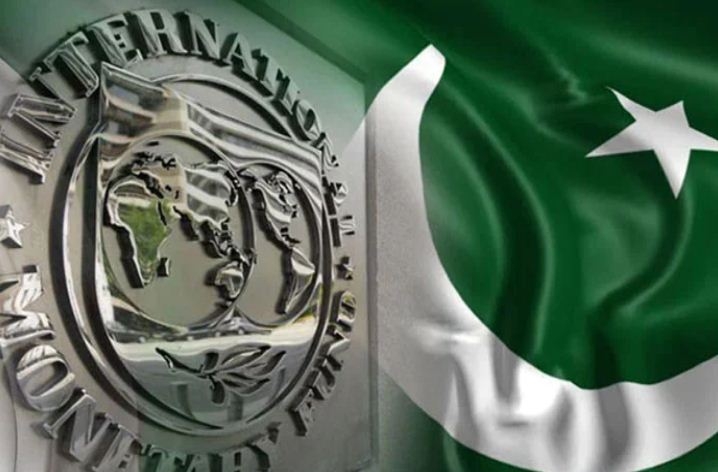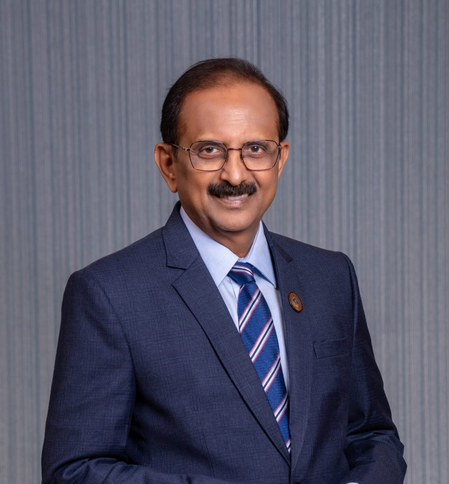India is likely to spend around $513 billion on infrastructure by the year 2030 to accommodate its growing population, according to a report by Mace.
A report titled ‘INSIGHTS 2020: Blueprint for Modern Infrastructure Delivery’ said that other large countries will also incur equally large infrastructure spends.
“By 2030, India will be spending $500 billion a year to accommodate its rapidly expanding population, the USA will be spending $665 billion to maintain its status as a global super power, and Peru will be spending $28bn a year to make it more resilient to natural disasters like El Nino,” it said.
During a survey conducted by Mace to find the reasons for impact on projects and programmes across the globe, it found that lack of clarity of outcome when deciding on which schemes to take forward as a major issue. Often decisions are driven by political pressure rather than rigorous cost and benefit analysis, the report said.
“The poor predictive abilities of project teams in their early stages, who are pressured into providing fixed point price estimates and programmes well before accurate predictions are possible or realistic,” it said.
Further, procurements based on ‘cheapest price’ rather than ‘value’ to fit within unrealistic initial budgets. On large and complex projects, ‘cheapest price’ procurement is a false economy, it added.

Jason Millett, CEO for Consultancy at Mace, was of the view that around the world, good infrastructure is vital for socioeconomic prosperity, both directly through investment and jobs, and indirectly through thing like improvements to transport connectivity and access to clean water.
He added that India is no different and, unfortunately, not all infrastructure projects are properly planned and delivered, resulting in delays, cost overruns and under-delivery against expected benefits.
“The negative impact of this is significant, with our calculations showing that, in India, this could result in an additional cost of Rs 10,820 billion by 2030. Globally, the cost could be as much as $900 billion,” Millett said.
This financial burden, combined with a perceived lack of delivery capability due to project delays and mismanagement, risks severely damaging public confidence in the sector, he said.
“With COVID-19 placing greater emphasis on the importance of infrastructure as an economic multiplier, it is more important than ever that we get this right. Our major projects and programmes must have clarity of direction and outcome-focused decision making to ensure they do not become a burden, but rather an enabler for post-pandemic growth,” said Millett.

Commenting on the report, Anuj Puri, Chairman for Anarock Group said: “Construction halt, labour shortage and revocation of toll collection were some of the major challenges India’s infrastructure sector faced due to the COVID-19 lockdown since March.”
He noted that the government’s focus has shifted primarily towards building healthcare infrastructure to accommodate the pandemic’s fallout. “Even now, after a staggered easing of lockdown rules over the last months, major infrastructure work across the country have not resumed usual pace,” Puri added.
“In India, there is a very real need to ensure timely implementation. Many of India’s infrastructure projects were already delayed even before the pandemic,” he said.
Also Read: India’s data centre market to reach $5bn value by 2025: Crisil
Also Read: Exports to China come to the rescue India’s aluminium sector









